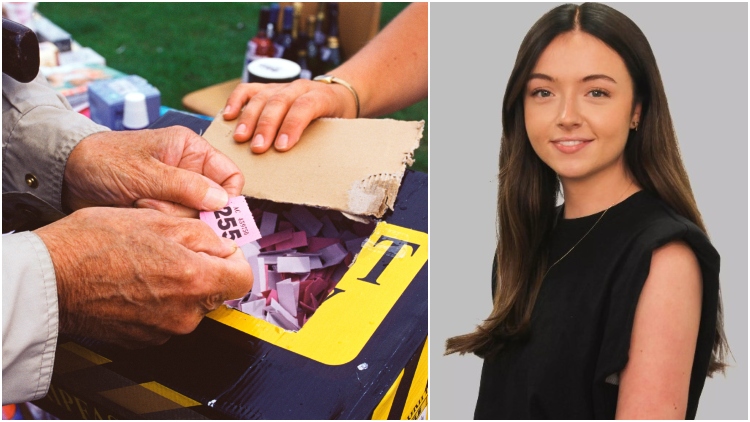
These events can be a great way to raise money for a charity or good cause, which you may seek to do by hosting a raffle or tombola.
Both of these activities are forms of gambling so it is important that you organise and run your event in accordance with the rules.
Charity raffles
A charity raffle must be held at a specific event such as a summer fete or fair. The raffle itself cannot be the main reason for hosting the event. You must ensure your raffle is compliant with the following rules and limits –
- You must provide a physical ticket to those taking part. There are no requirements as to what must be included on the ticket, merely that the winning ticket is identifiable.
- Tickets can only be sold at the location of the event, during the event. You cannot sell tickets prior to the event, and you cannot sell tickets online or via social media. This point is often missed with tickets sold in the days prior to the event, this is not permitted.
- You can draw the raffle either at the event or after the event, but you should make it clear to those taking part when the draw will be announced.
- You can take up to a maximum of £500 from the proceeds to pay for prizes. Prizes can also be donated and there is no limit on how much donated prizes cost.
- You may deduct no more than £100 to cover the costs of any expenses, such as the cost of tickets.
- There can be no rollover of prizes from one event to another.
Workplace raffles
You may be looking to host a workplace raffle to raise money for a good cause, or perhaps just for fun. A person works on a premises if they are employed under a contract of employment to work at, or from a premises. As above, there are rules which you must adhere to –
- Workplace raffles must be run on a single set of premises. You would not be able to run a single raffle across an estate of premises for example.
- All participants must work on those premises.
- You must provide a physical ticket to every person participating.
- You must only sell physical tickets to colleagues when you are at your place of work. You cannot sell tickets online, or via email. As stated above this point is often missed so make sure you do not sell any tickets in the days leading up to your event.
- Each person must pay the same price for a ticket.
- The rights to the ticket must be non-transferable, you cannot transfer your ticket to someone else.
- The draw must take place on the business’ physical premises.
- There cannot be a rollover of prizes.
You cannot make a profit from a workplace raffle, all proceeds must be used for reasonable expenses, prizes or donated to charity.
Customer raffles
Customer raffles are not suitable for charity fundraising as these raffles cannot be used for fundraising. If you are wanting to raise money for a good cause, a charity raffle should be considered instead.
No profit can be made from a customer raffle. All proceeds from ticket sales must be spent on prizes, less any deductions for reasonable expenses such as the costs of tickets.
The following rules must be complied with when holding a customer raffle –
- The maximum value per prize cannot exceed £50. The prize can be cash, goods, services or a combination of all.
- Advertisements can only be on the premises, no promotional materials may be made available online, via text or outside the premises itself.
- Tickets can only be sold to a customers when they are on the premises.
- Every ticket must give the name and address of the organiser, and the price of the ticket. The ticket must state that tickets are only available to customers on the premises and that tickets are non-transferable.
- Only one draw every 7 days is permitted to take place on the same business premises.
- You can only run a customer raffle from a single set of physical business premises and the draw must take place on those premises, it cannot be done online.
- There cannot be a rollover of prizes.
- Children under 16 cannot take part.
Further guidance can be found on the Gambling Commission website where a series of advice guides are made available. Should you have any queries on any of the above please contact one of our gambling solicitors, we would be more than happy to help.